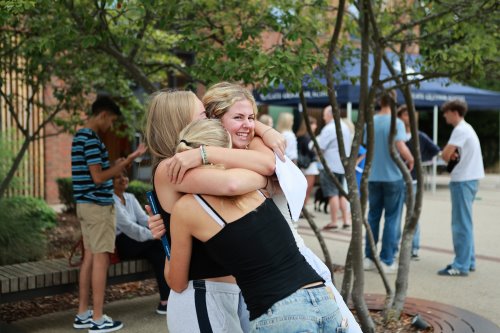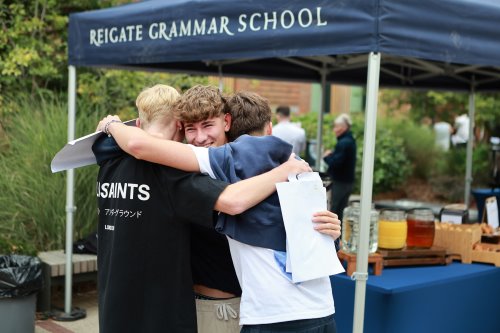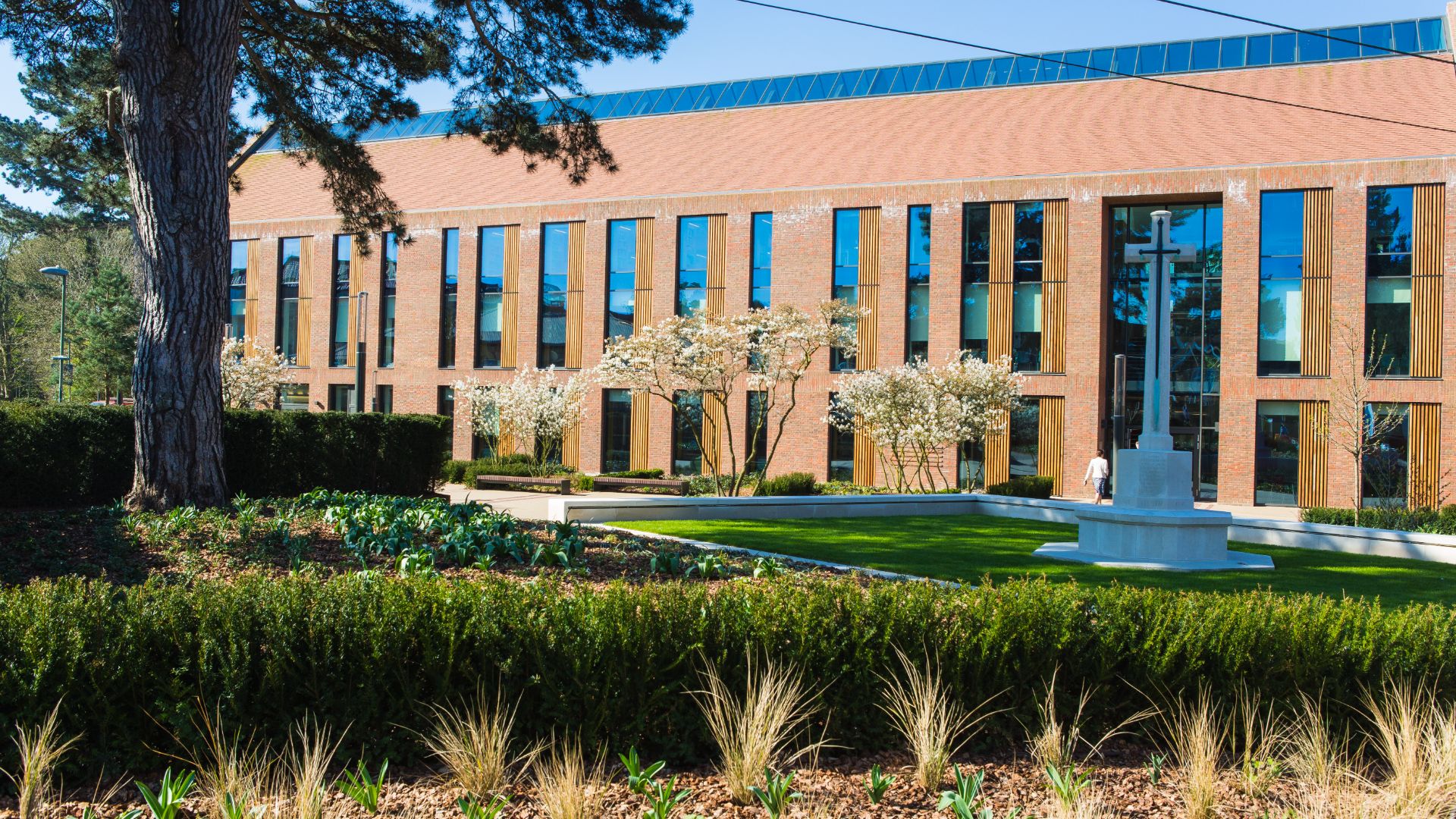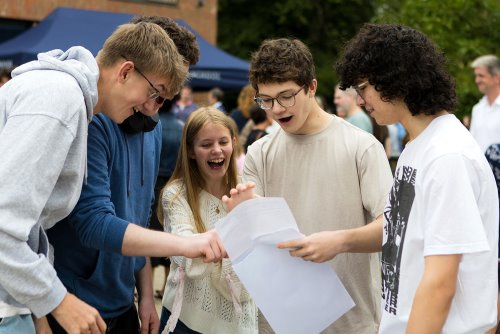
90%
GCSE Grades 9-7 in 2025



Award winning independent day school for boys and girls aged 11–18
At Reigate Grammar School, you are known and valued, nurtured to thrive and inspired to achieve the remarkable - ready for whatever your future holds.
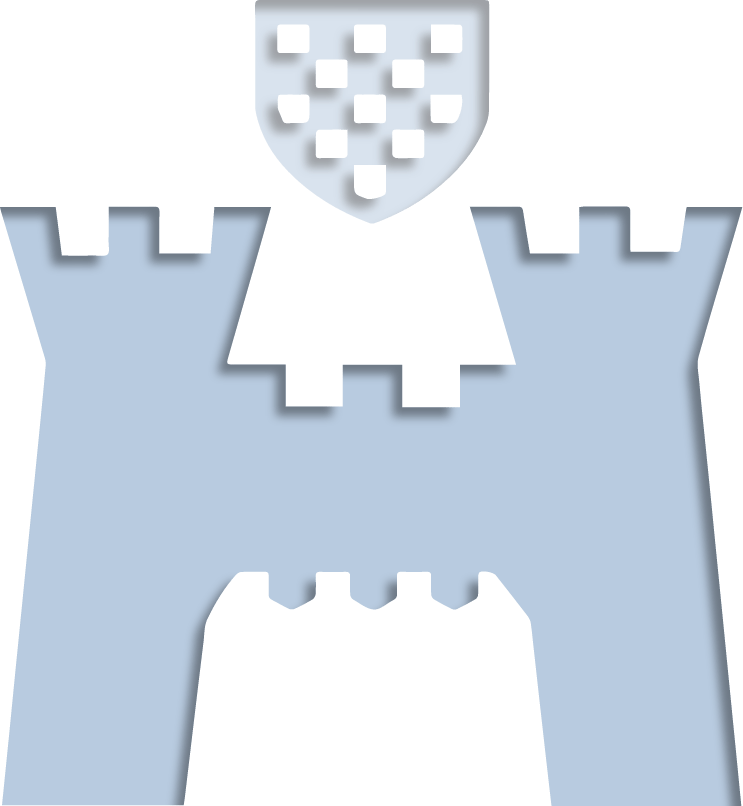
We nurture an environment that brings joy, as you make lifelong friends, create cherished memories, and engage in amazing activities that enrich your educational journey.
We believe happy kids lead to great results. Our nurturing environment, exceptional teachers, and innovative teaching ensure every student thrives academically, socially, and personally. Be exceptional with us.
90%
GCSE Grades 9-7 in 2025
98%
of our students secured offers from world-class universities
94%
of A Level grades were A*- B
Be the architect of your own journey. With inspiring teachers, our distinctive learning & skills framework and a vibrant co-curricular programme, you can follow a path that celebrates your passions, opens new horizons, and brings out the very best in you.
